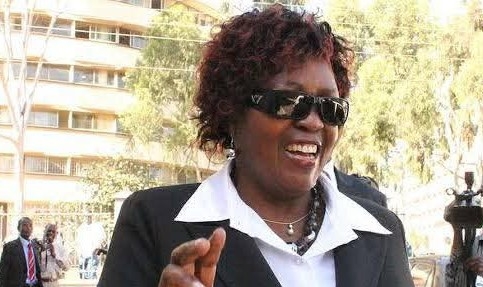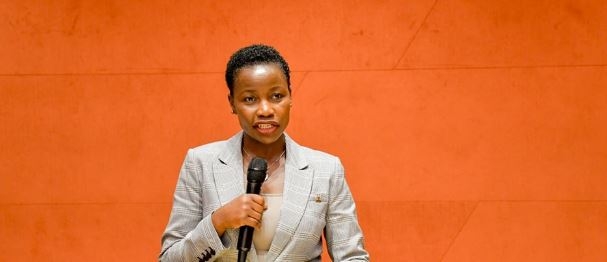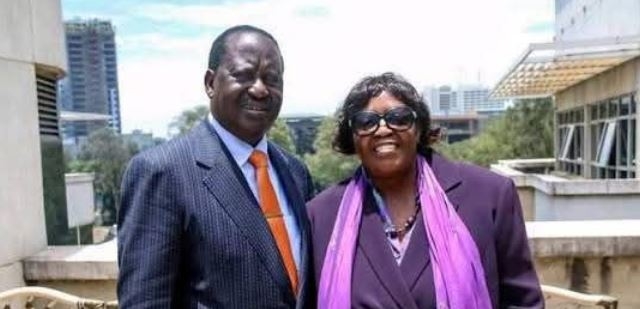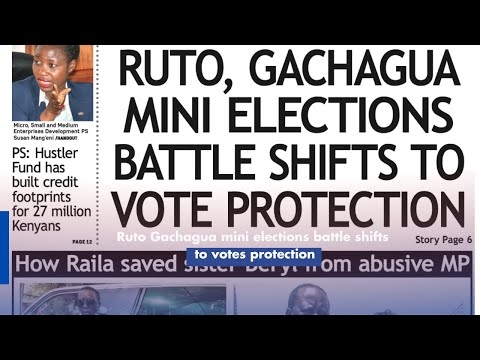OPINION BY VICTOR BWIRE
In just two weeks, I have encountered several cases involving content theft, plagiarism and infringement of copyright by digital media outlets. Use of pirated content, cut and paste of media materials or use of stolen content- use of content without acknowledging the original owner of the content.
As has been the trend in Kenya over the years, the rise of online media usage has not been without our perennial problem- tribalism, insults and lack of any known mannerisms and for that, the use of online media platforms has attracted new laws and administrative codes aimed at regulating online journalism.
And suddenly, we have a crackdown on irresponsible online media users including bloggers who have attracted a new charge- undermining the authority of public officers and in some cases hate speech charges.
The online platforms have opened opportunities for content creation, especially for people who didn’t necessarily go through conventional journalism training processes, are good at producing news, are very focused and are making money, but remain aloof to basic ethical standards and legal requirements in the sector.
They have exposed their outlets to huge legal challenges including defamation, copyright infringement and data/privacy litigation.
The most common now is content theft, which exposes them to conflicts with the law. While others try very much to engage in the unethical practice of content/information/audio/video manipulation and concealment, this has not helped.
While digital publishing has brought challenges globally, professional ethics remain the same as those practising traditional publishing, and the obligation to respect the rule of law for online publishing remains. It's even becoming harder, as space for freedom of expression is becoming subject to more law.
As Professor Ben Sihanya, the transmission of broadcasting has raised several questions about Intellectual Property (IP), especially relating to digital copyright, trademark and the domain name system. In Kenya, such matters are protected and arbitrated under the Copyright Act 2001, but increasingly, people are seeking redress through the Media Council of Kenya.
Section 22 of the Act lists copyrightable as (a) literary work, (b) musical work, (c) artistic work, (d) audio-visual work, (e) sound recording; and (f) broadcasts. Section 2 gives examples under the foregoing categories. In his article entitled “Media Law in Kenya in the Era of digital migration in Kenya”, Prof Sihanya notes that a digital work is protected under copyright if the work is original, and expressed in a tangible, material or fixed form. He notes that the Act implicitly defines originality in terms of “sufficient effort has been expended on making the work to give it an original character.” And tangibility refers to “work which has been written down, recorded or otherwise reduced to material form.”
Copyright law protects and promotes the expression of ideas, that is, information, facts, data, formulae, knowledge or concepts. Copyright protects the intellectual and economic interests of creators, owners, assigns, (sub) licensees and publishers of literary, artistic, musical, and audio-visual works as well as Broadcast. Digital tools such as X (formerly Twitter), Tix Tox, Facebook, Flickr and YouTube have changed the way conversations people, and people can easily ‘tell’ their own stories by side-stepping information gatekeepers or middlepersons who once controlled information and media products.
A lot is happening on online media platforms in the form of sharing information, breaking news and expanding the boundaries of information exchange. Kenya, just like other countries is feeling the effects of new technology in their work. Several online content producers have come up, especially bloggers, whose style of writing and content does not obey any article in existing codes of ethics.
While online news production and dissemination have enormous opportunities for educating Kenyans and cementing a peaceful existence, if not well-checked have a negative impact. Indeed, while several online platforms have been sources of serious positive information, a number have not been. Indeed, this is what has made policymakers including the police, through the cybercrime department and other players to start looking keenly at some blogs and online platforms. Several bloggers have flouted all known codes of ethics in journalism, and some are posting things that largely hinge on hate speech and invasion into privacy.
Some of the posting lack objective, accuracy and carry content that does not amount to fair comment on matters of public interest. The Code of ethics for the practice of journalism cautions the media against intruding and making inquiries into an individual’s private life without the person’s consent unless public interest is involved.
The same article states that public interest should be legitimate, by extension meaning well defended and not mere curiosity. It is expected that even online journalists are guided by the same code of ethics as the one guiding traditional journalist. Digital content producers must adhere to professional ethics just like the rest of other professions and be guided by them.
Aware of the challenges posed by the new platforms, many media enterprises in Kenya have developed social media and blogging policies for journalists attached to them, to ensure while they go online, and the associated ambiguities, of their private lives and their public life, they still observe professionalism even within their private space. Journalism is a public life and requires of its professional members to maintain decorum in their dealings.
The media companies are explicit that these guidelines will help their journalists in the use of online platforms without undermining their professionalism and compromising the company’s credibility. Content and news producers must remain professional and observe basic requirements such as acknowledging the original content creators of materials they are using as second or third parties, be willing to pay for content they have not contributed to its production or develop MoUs with owners of the content, attribute content they have borrowed and be willing to compensate.
See what happens in for example the English Premier League matches over the weekend, almost all FM stations across the country bright live broadcasts, but without permission.















![[PHOTOS] Family, friends receive body of Raila’s sister, Beryl](/_next/image?url=https%3A%2F%2Fcdn.radioafrica.digital%2Fimage%2F2025%2F11%2Fdfe6a9bf-ede1-47a4-bdc0-4f564edb03dd.jpeg&w=3840&q=100)
